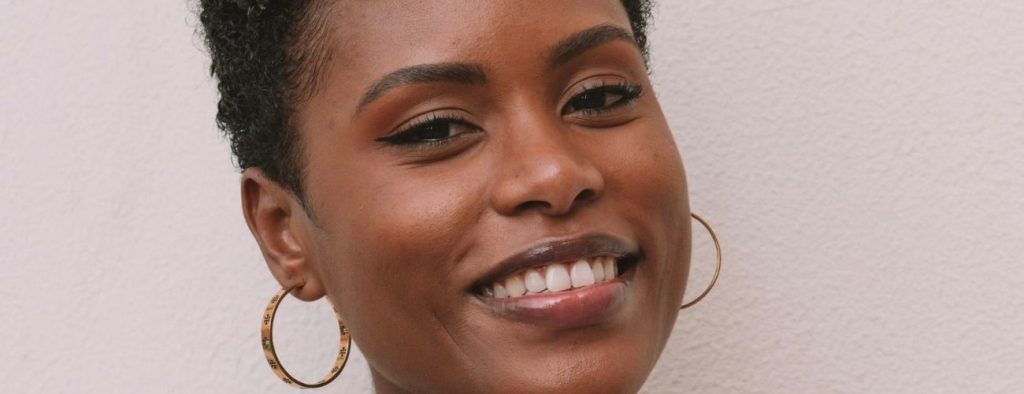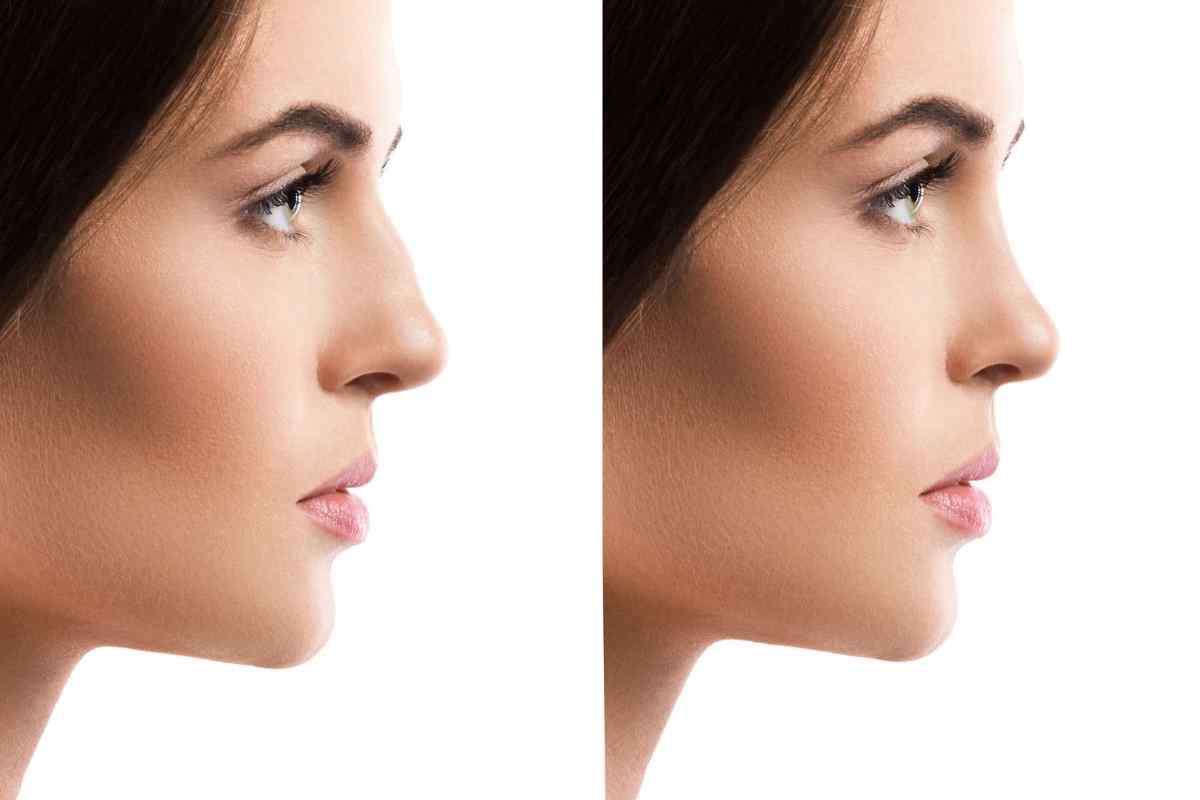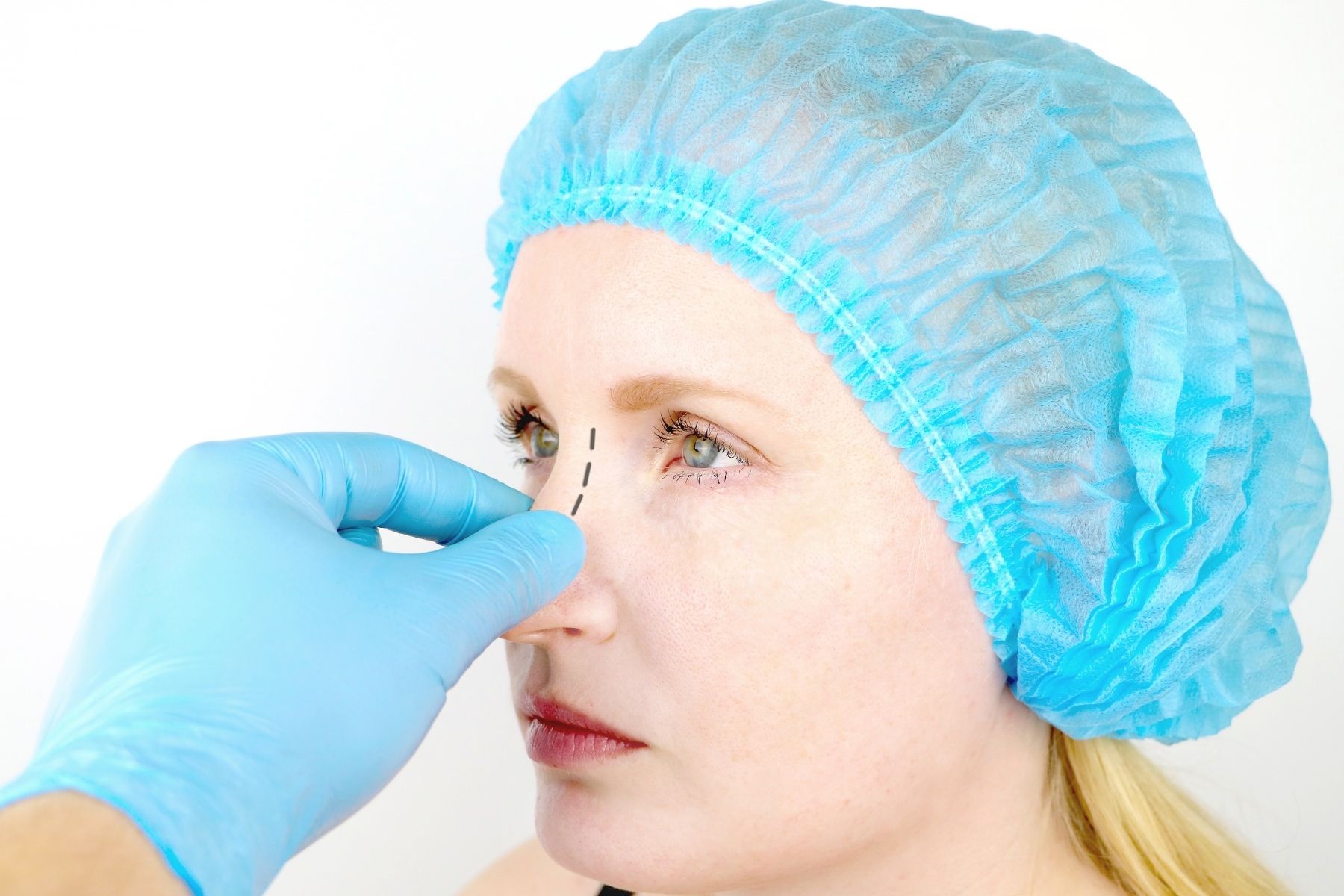Ethnic rhinoplasty abroad focuses on preserving cultural identity while refining nasal shape. The goal is to enhance harmony without erasing the patient’s unique ethnic features.
Different nasal anatomies require specialized techniques. Surgeons consider skin thickness, cartilage strength, and bone structure to achieve natural and balanced results.
Choosing treatment abroad offers access to experienced surgeons who regularly perform diverse rhinoplasty procedures. Many patients seek destinations where advanced expertise is available at lower costs.
The best outcomes are achieved when communication between patient and surgeon ensures respect for both aesthetic goals and cultural characteristics.
İçindekiler
Understanding Ethnic Rhinoplasty
Ethnic rhinoplasty is the height of surgical artistry, expertly reshaping and improving the nose’s look while steadfastly protecting the distinctive characteristics and proportions that delicately weave an individual’s heritage. Ethnic rhinoplasty symbolizes a fundamental commitment to achieving balance between the curves of the nose and the encompassing visage, in stark contrast to the goals of conventional rhinoplasty, which frequently lean towards the pursuit of a standardized or Western-centric nose silhouette. This deliberate practice not only magnifies the field of aesthetic improvements, but also pays significant regard to the very cultural identity that has great significance in each patient’s heart. Ethnic rhinoplasty, performed with the skillful hands of expert surgeons, transforms into a voyage of self-expression, change, and celebration of diversity, where the human face’s canvas is painstakingly painted with the shades of heritage and identity.
Advantages of Undergoing Ethnic Rhinoplasty Abroad
- Expertise of Surgeons: There are skilled surgeons with competence in ethnic rhinoplasty in several nations with a high medical tourism rate. These surgeons are well-versed in the subtleties of diverse ethnic nasal architecture because they frequently acquired their training from prestigious international institutes.
- Cultural Sensitivity: Ethnic rhinoplasty specialists in other countries are aware of the value of maintaining cultural identities while improving aesthetic aspects. They take a culturally sensitive approach to every surgery, making sure that the patients’ preferences and ethnicities are honored.
- Cost Savings: The potential for significant cost savings is one of the main reasons to think about getting ethnic rhinoplasty abroad. Medical procedures in some nations may be less expensive than those in the United States or Western Europe, enabling people to get high-quality aesthetic treatments without going over budget.
- Customized Approach: Ethnic rhinoplasty is frequently performed overseas using a customized method that takes into account the distinctive characteristics and proportions of different ethnicities. To provide a balanced and harmonious result that is consistent with the patient’s cultural background, surgeons collaborate closely with their patients.
- Cultural Understanding: Medical institutions in nations with large medical tourism industries are used to caring for patients from various cultural backgrounds. Through this experience, patients’ preferences and concerns will be addressed with greater cultural sensitivity.
Factors to Consider Before Choosing Ethnic Rhinoplasty Abroad
Research is essential when thinking about ethnic rhinoplasty abroad. Look into the credentials of the hospital and the surgeon, read patient testimonials, and get referrals from reliable sources.
- Medical Regulations: There are several medical regulations and standards followed by various nations. To ensure quality and safety, confirm that the location adheres to internationally accepted medical standards and practices.
- Communication: To get the results you want, you need to communicate with the surgeon effectively. Make sure the surgeon is aware of your expectations. If there is a language barrier, take into account the medical team’s language skills or hire an interpreter.
- Travel Logistics: Plan your trip, accommodations, and post-operative care logistics thoroughly. Consider the time needed for recovery, any potential follow-up appointments, and the risk of returning to the hospital if difficulties arise.
Every surgical operation entails a risk of complications. Be aware of potential issues and talk to your surgeon of choice about them. Before making a choice, consider these risks in relation to the potential rewards.
Conclusion
People who choose ethnic rhinoplasty overseas have a special chance to improve their looks while honoring their cultural heritage. With the help of these surgeons, patients will be able to keep their ethnic identity while undergoing aesthetic procedures. To guarantee a positive conclusion, nevertheless, careful planning, consideration of medical standards, efficient communication, and research are necessary stages. Individuals can boldly set out on a journey toward increasing their natural beauty while keeping their cultural identity by adopting a comprehensive approach that strikes a balance between the allure of affordability and the necessity for quality and safety. When armed with knowledge and led by well-informed choices, ethnic rhinoplasty overseas is transformed into a positive experience that celebrates variety while also reflecting physical improvement.

Prof. Dr. Murat Songu – Rhinoplasty (Nose Aesthetics) Specialist
Prof. Dr. Murat Songu was born in 1976 in Izmir and completed his medical education at the Ege University Faculty of Medicine. He then completed his residency training in the Department of Otorhinolaryngology at Celal Bayar University. Between 2005 and 2006, he received advanced training in rhinoplasty, functional nasal surgery, and skull base surgery in Bordeaux, France, working with leading rhinologists such as Prof. Vincent Darrouzet and Dr. Guy Lacher.
Prioritizing natural appearance, the preservation of breathing function, and facial aesthetic harmony, Prof. Dr. Songu is nationally and internationally recognized for his expertise in open rhinoplasty, piezo (ultrasonic) rhinoplasty, revision rhinoplasty, tipplasty, and functional septorhinoplasty. He has participated as an instructor and speaker at numerous rhinoplasty congresses worldwide.
With over 100 scientific publications, book chapters, and more than 1700 citations, Prof. Dr. Murat Songu is one of Türkiye’s most respected academics in the field of rhinoplasty, combining natural, facially harmonious, and functional results with scientific and aesthetic excellence.









